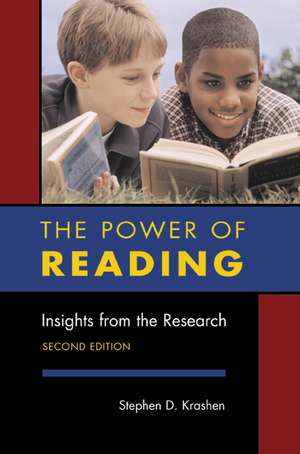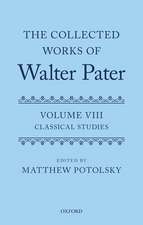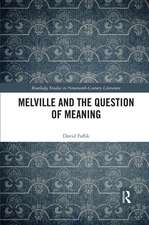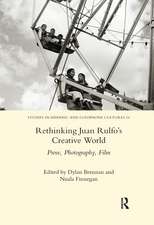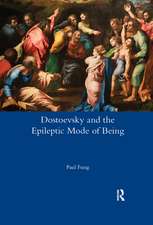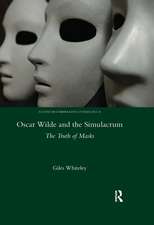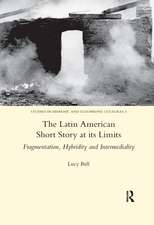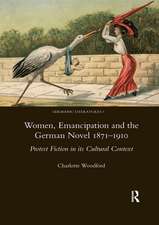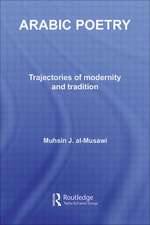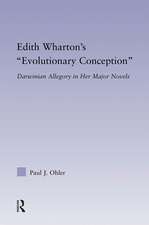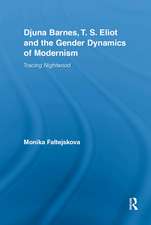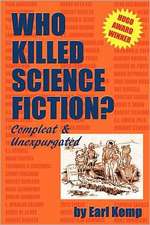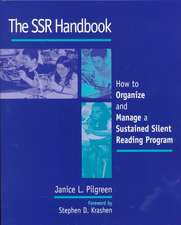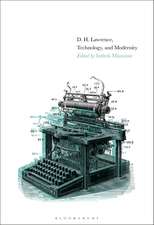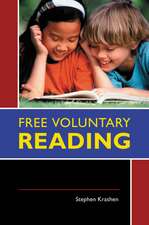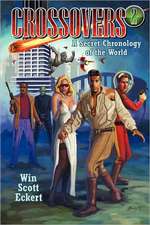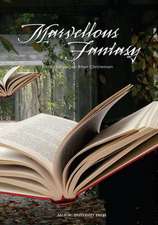The Power of Reading: Insights from the Research
Autor Stephen D. Krashenen Limba Engleză Paperback – 18 aug 2004 – vârsta până la 17 ani
Preț: 166.43 lei
Preț vechi: 239.33 lei
-30% Nou
Puncte Express: 250
Preț estimativ în valută:
31.85€ • 34.58$ • 26.75£
31.85€ • 34.58$ • 26.75£
Carte tipărită la comandă
Livrare economică 22 aprilie-06 mai
Preluare comenzi: 021 569.72.76
Specificații
ISBN-13: 9781591581697
ISBN-10: 1591581699
Pagini: 216
Dimensiuni: 156 x 235 x 10 mm
Greutate: 0.36 kg
Ediția:Revised
Editura: Bloomsbury Publishing
Colecția Libraries Unlimited
Locul publicării:New York, United States
ISBN-10: 1591581699
Pagini: 216
Dimensiuni: 156 x 235 x 10 mm
Greutate: 0.36 kg
Ediția:Revised
Editura: Bloomsbury Publishing
Colecția Libraries Unlimited
Locul publicării:New York, United States
Notă biografică
Stephen D. Krashen is emeritus professor of education at the University of Southern California, Los Angeles. He is best known for his work in establishing a general theory of second language acquisition, as the cofounder of the Natural Approach, and as the inventor of sheltered subject matter teaching. He is the author of numerous books, including Three Arguments Against Whole Language and Why They Are Wrong (1999), Every Person a Reader: An Alternative to the California Task Force Report on Reading (1997), and Under Attack: The Case Against Bilingual Education (1997), all available from Heinemann.
Cuprins
ContentsIntroduction ix1.The Research1The Evidence for FVR1In-School Free Reading Programs1Reported Free Voluntary Reading8Reported Free Reading in a Second Language9The Author Recognition Test11Read and Test Studies13Summary17The Alternative to Free Reading: Direct Instruction18The Complexity Argument18Competence without Instruction20The Effect of Instruction25Other Benefits of Reading28The Pleasure of Reading28Reading and Cognitive Development35Good Thinkers Read More36Reading and Writing Apprehension36Conclusion37An Interpretation37Notes40vContents2.The Cure57Access57More Access at Home Results in More Reading57Better Classroom Libraries Result in More Reading58Better School Libraries Result in More Reading58Access to Public Libraries Results in More Reading60Comfort and Quiet63Libraries63Children Get Their Books from Libraries64Better Libraries Result in Better Reading65Poverty and Access to Books68What About School?70Libraries and Second Language Acquirers74Money for Libraries: Who Is Paying Now?75Reading Aloud77Reading Experience81Home Run Books82Models84Providing Time to Read85Direct Encouragement86Other Factors89Light Reading: Comic Books91A Brief History93Comic Books and Language Development97Comic Texts97Experiments with Comic Book Reading101Comics as a Conduit103The Case for Comics109Light Reading: The Teen Romance110Light Reading: The Power of Magazines113Is Light Reading: Enough?114viContentsDo Rewards Work?116What Does the Research Say?117Reading Management Programs119Notes1223.Other Issues and Conclusions129The Limits of Reading129Writing132Writing Style Comes from Reading132More Writing Does Not Mean Better Writing134What Writing Does137The Effect of Television139Does More Television Mean Less Reading?140The Language of Television142Television and Language Development144Television: A Summary145Second Language Acquirers146Conclusions149Notes152References157Researcher Index189Subject Index197vii
Recenzii
One could term this book as a major cannon in the reading research wars. Krashen builds his case for wide reading by analyzing and presenting in a very readable text hundreds of research studies spanning a century. . . . Whether you read the first edition or missed it, this book is an essential read. And it can be read in one sitting if you just read the marginal notes that guide you through the principle ideas. It is a book to share, discuss, argue about, and use as evidence for strong library book programs and large budgets to purchase books that kids are interested in reading.
All teachers, librarians, and anyone interested in the reading development of children, young adults, and ESL students will benefit from reading this book.
Krashen argues that FVR (free voluntary reading) has a dramatic effect on second-language learners, vocabulary acquisition, cognitive development, and writing style, and is the key to linguistic improvement.
This title will be of particular interest to language and linguistics professionals and educators concerned with equipping children to navigate their worlds. Highly Recommended.
Dr. Krashen continues to make the case for FVR. He explores new research since the book's original edition in 1993, discusses the role of libraries and the importance of reading, and considers the effects of television on reading.
All teachers, librarians, and anyone interested in the reading development of children, young adults, and ESL students will benefit from reading this book.
Krashen argues that FVR (free voluntary reading) has a dramatic effect on second-language learners, vocabulary acquisition, cognitive development, and writing style, and is the key to linguistic improvement.
This title will be of particular interest to language and linguistics professionals and educators concerned with equipping children to navigate their worlds. Highly Recommended.
Dr. Krashen continues to make the case for FVR. He explores new research since the book's original edition in 1993, discusses the role of libraries and the importance of reading, and considers the effects of television on reading.
